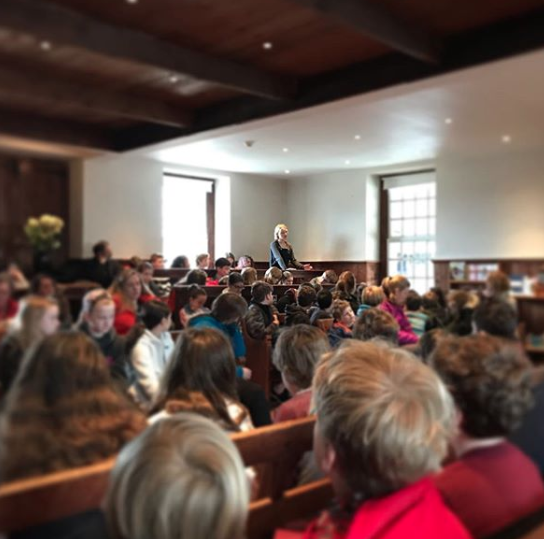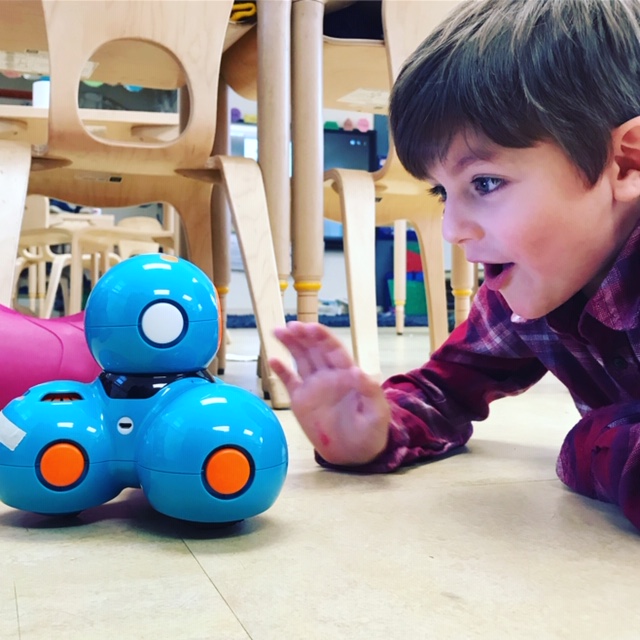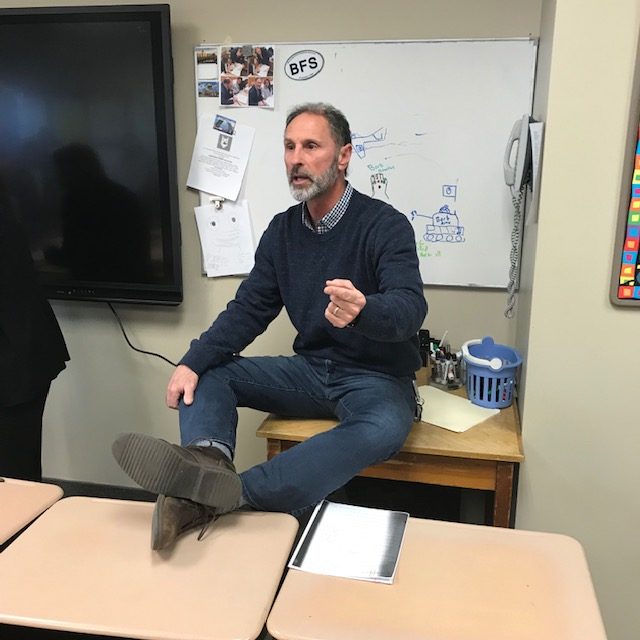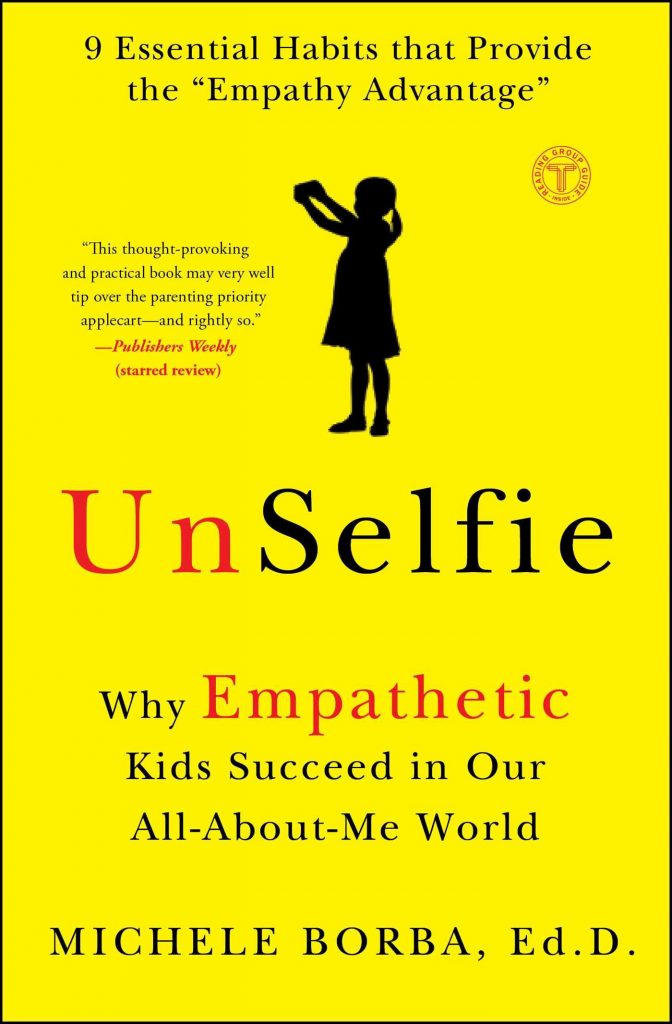“While each Friends school has its own unique style and personality, they all have a common purpose: not only to provide a rich and challenging education but also to foster the ideals of community, spirituality, responsibility and stewardship. A hallmark of the Quaker school experience is the basic beliefs that we are all teachers and learners and that each child has unique gifts and talents. Students are called upon to discover their own voices and interests within the framework of a vigorous academic program. The foundation of the educational experience is built upon the ideal that students’ quality of character – what kind of people they are becoming – is as important to their lives and to the world as their intellectual growth and exploration.” (By Lynette Assarsson, Westtown School)

Lynette speaks my mind and echoes my beliefs and sense of purpose about engaging as an educator and member of a Friends school community. She certainly touches upon so much of what we believe, value, and do at BFS each and every day.
Her writing also leads me to review and reflect on our newly developed and articulated core values at BFS. Rooted in the beliefs and traditions of Quakers, our values as a Friends school guide us to engage members of the school community in the shared responsibility of honoring the Light within each person and fostering the growth, individual talents, and passions of every student.

Inspirational Academics – We promote academic achievement within an environment of experiential learning to inspire curiosity, creativity, critical and analytical thinking, communication skills, and collaboration. We strive to meet high standards, to remain agile and innovate, and respect individual approaches to thinking and learning.
Individual Character and Personal Integrity – We foster originality, honor and encourage each voice, and recognize that the development of an authentic, confident self provides the foundation for realizing personal fulfillment and success as a learner.

Caring for Others – Guided by the principles of friendship, we educate young citizens and awaken a strong local and global consciousness, a commitment to peace, and an ability to understand and contribute meaningfully and substantively to our diverse changing world.
Connected Community – We cultivate a joyful, involved, and inclusive community devoted to kindness, respect, and establishing trust and accountability. Together, we invest in the success and the well-being of each child, family, and one another.

Stewards of our World – We engage community members in service work and teach the importance and responsibility of environmental sustainability. We believe it is essential to connect, collaborate, and make a positive impact on our world for present and future generations.

Spirituality and Wellness – We embrace the quality of our spiritual community and strive to ensure the physical, social, and emotional health of each person. Our intention is to encourage self-awareness, mindfulness, confidence, empathy, and compassion. We understand that a sustained, balanced approach is vital to being a healthy and productive individual and member of society.
I’d like to focus a little more on what we express as “our intention” when we frame our work in the areas of spirituality and wellness by specifically sharing thoughts about the importance of teaching to, and developing, “empathy” from a book I have.

“Empathy is core to everything that makes society civilized, but above all, it makes our children better people, and that’s why I’m concerned. In the past decades, our kids’ capacity to care has plummeted while self-absorption has skyrocketed, and puts their humanity at stake. Today’s culture values “me” more than “we.”
Empathetic children use nine essential habits to help them navigate the emotional minefields and ethical challenges they will inevitable face in life. These nine habits also guide their empathic urges and inspire them to help others. And all nine are teachable and culled from the latest research in child development, neuroscience, and social psychology:
- Emotional literacy – to recognize and understand the feelings and needs of oneself and others.
- Moral identity – to adopt caring values that guide integrity and activate empathy to help others
- Perspective taking – to step into others’ shoes to understand another person’s feelings thoughts, and views
- Moral imagination – to be able to use literature, films, and emotionally charged images as a source of inspiration to feel with others
- Self-regulation – to manage strong emotions and reduce personal stress to be able to help others
- Practicing kindness – to increase concern about the welfare and feelings of others
- Collaboration – to work with others to achieve shared goals for the benefit of all
- Moral courage – to be emboldened to speak out, step up, and help others
- Altruistic leadership abilities – to be motivated to make a difference for others, no matter how small it may be”
(UnSelfie: Why Empathetic Kids Succeed in Our All-About-Me World, by Dr. Michele Borba)
